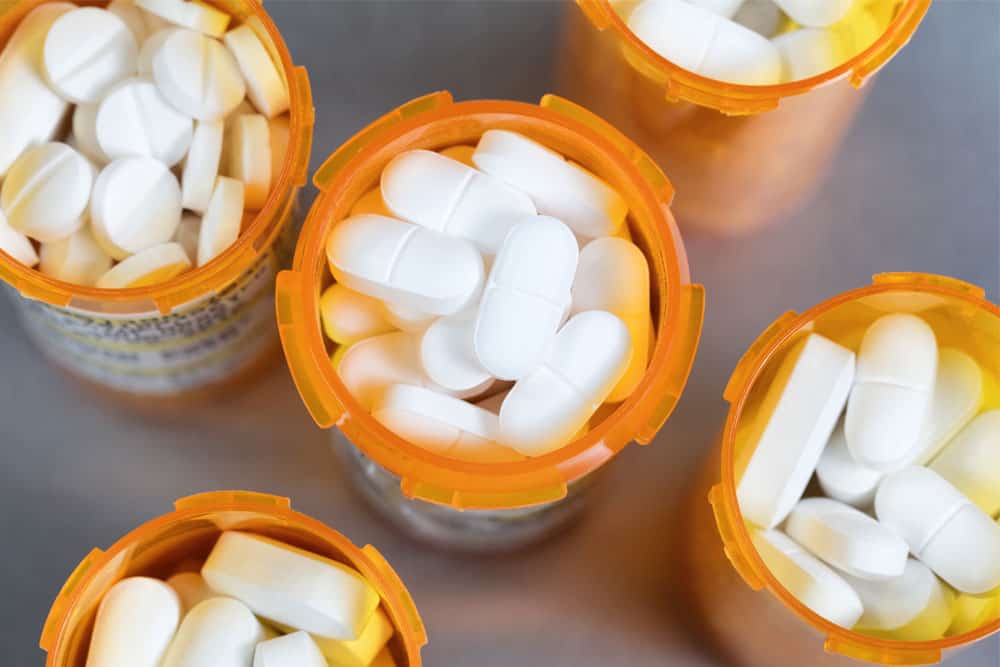Opioid deaths date back to the ‘90s when the pharmaceutical industry introduced us to prescription painkillers. We were reassured by doctors and the medical industry that these were wonder drugs. They would stop our pain and have little to no negative side effects. Doctors knew these drugs were addictive. They just chose not to tell us. As a result, millions of pain pills flooded into the streets every month. After decades of this, opioid deaths is out of control and nobody knows what to do to stop it.
The opioid addiction wave started with a cycle of addiction that almost seemed calculated. Doctors prescribed opioids for patients to help them manage their pain. The amount and dosage of these pills increased over time. Within months, people were taking hundreds of pills a month. It no longer mattered how bad their pain was. Doctors were writing scripts for opiates faster than the pharmacies could fill them.
Once the doctors saw that their patients were abusing the drugs, they cut off their prescriptions. Rather than help their patient get help for their addiction, they just stopped writing the prescriptions. So, what happened? People resorted to getting their drugs wherever they could. Purchasing opioids on the street can be expensive. Therefore, people started resorting to drastic lengths to get money for their drugs. When this didn’t work, they switched to heroin. Heroin is often more affordable than prescription drugs. It is also even more addictive.

Statistics for Opioid Deaths Today
We have never seen anything like this opioid epidemic. People of all ages are dying every day from this drug. It’s not just people buying their drugs on the street. People are overdosing on prescription medications like never before. And yet, these drugs are still prescribed every day.
In 2017, the US Department of Health and Human Services declared a public health emergency relating to the opioid crisis. More people died in the United States that year from opioid overdoses than they did in the Vietnam War. This puts things into perspective. Let’s look at some of the statistics on the opioid situation in the United States:
- Every day there are 130 opioid deaths due to overdose
- More than 42,000 people lost their lives because of an opioid overdose in 2017
- 2 million people abused prescribed painkillers in 2017
- More than 11 million people abused opioids in 2017
In North Carolina, the problem with opioids is no less serious. In 2016, there were over 1,500 opioid deaths in North Carolina. The rate of opioid overdose is 15.4 opioid deaths in every 100,000 people. This is compared to the national average of 13.3 deaths per 100,000. In just the last 6 years, 20 times as many people have died as a result of opioid addiction. The numbers are steadily climbing every year. Until we get a handle on the supply, the problem will not get any better. The demand is there and will be for the foreseeable future.

An Opioid Rehab in Durham, North Carolina Can Offer Long-Term Recovery
The number one reason people are afraid to stop using opioids is the withdrawal. Withdrawal from opioids is not life-threatening. However, it can be one of the most uncomfortable things you will ever experience. The assistance of an opioid rehab in North Carolina can make this process safe and comfortable. If you or a loved one in Durham, NC have a problem with opioid addiction, you need help now.
Drug rehab centers provide medical care around the clock. You will be provided with a medical detox that gets you through the first five days of withdrawal. Beyond that, you will receive counseling and treatment. This will provide you with the tools necessary to find long-term recovery. You need to learn the tools that are required to live a life free of drugs. An opioid rehab in North Carolina will provide these tools.
The important thing to remember is that it’s never too late to get treatment in Durham, NC. You do not have to become a statistic. It doesn’t matter how old you are. Nobody cares what you do for a living. The only thing they care about is helping you overcome your opioid addiction. Whether you do it on the first try or the tenth, the important thing is that you never give up. Drug rehab will offer the compassionate and experienced guidance you need to find a way to live drug-free forever.






